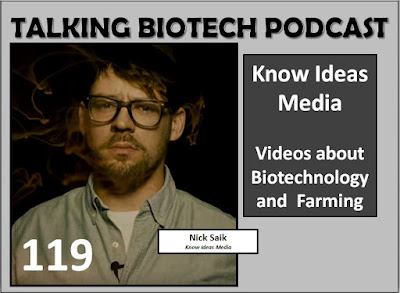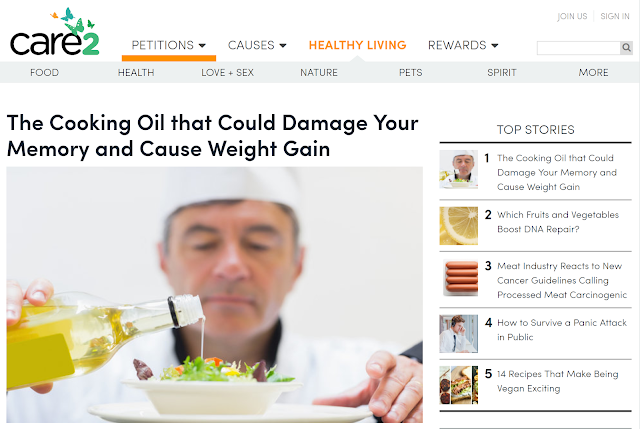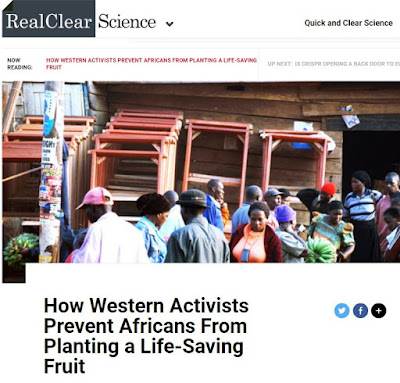Stonyfield Actively Censors Scientific Information- Your Right to Know?

The videos released by Stonyfield Organic are patently offensive. They use children to produce false statements about well-understood scientific topics, which misleads the consumer, but also has potential to harm children. This has drawn the ire of an increasingly large scientifically adept food and farming community, and many have taken to the Stonyfield Facebook page to voice their discontent. Ten years ago you would have seen Rob Wager, Prakash, Anastasia, Karl, @mem_somerville and a few others weighing in. The scientific comments would be buried in a sea of shill accusations from a series of facade accounts (and Ena Valikov). It makes my heart happy to see scientific traction catching on. The comments come from hundreds of people -- farmers, moms, students -- all presenting reasoned rebuttals to Stonyfield's bad science campaign. And it is changing minds. How do we know? Because the soft, accurate and kind comments are being systematically scrubbed from the webs





